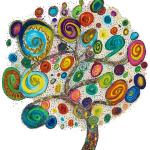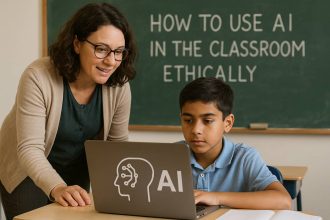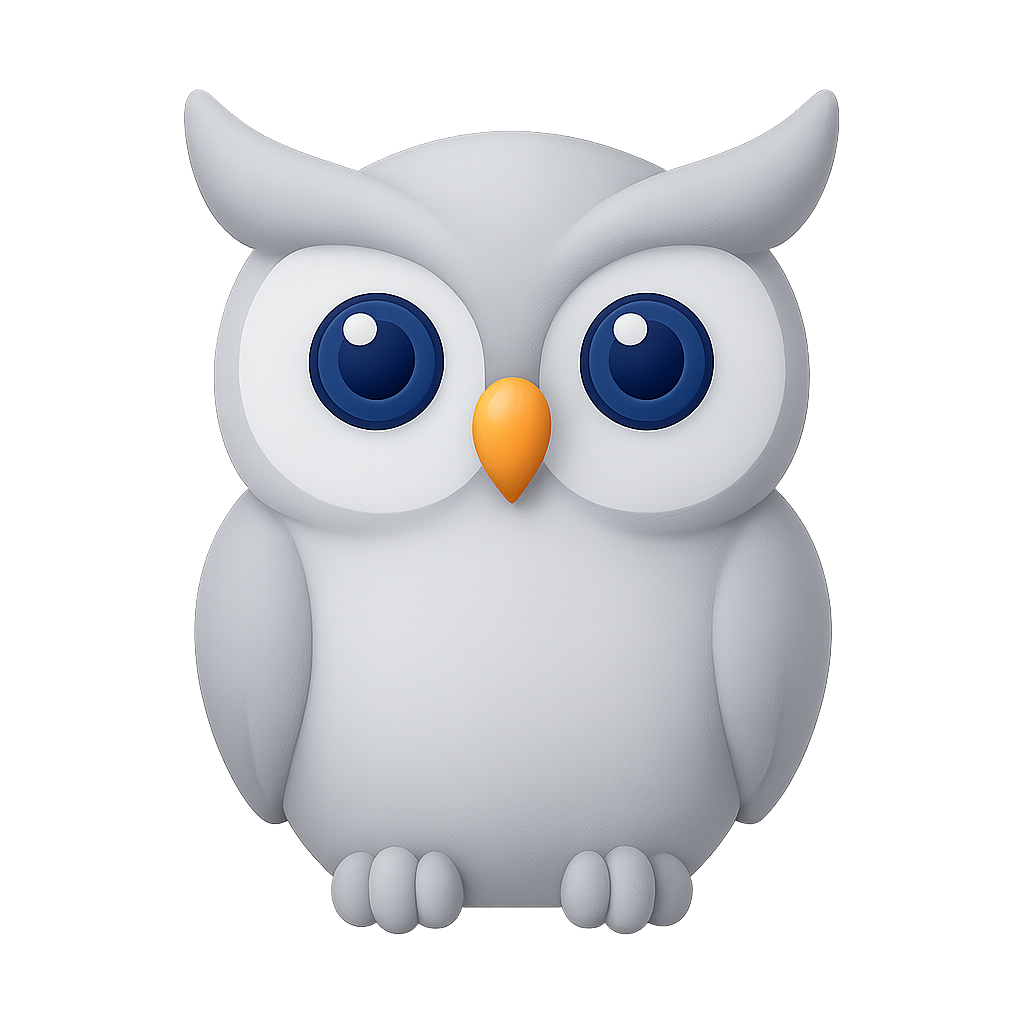The world of work is shifting faster than at any point in history. New technologies appear, industries transform, and entire job categories evolve in a matter of years. A skill that was valuable five years ago may now be automated, while others have surged from niche knowledge to essential requirement. For anyone preparing for the future, whether you are a student just beginning your career or a professional seeking to adapt, the question is not whether you need new skills but which ones.
The answer lies in watching the trends shaping industries across the globe. In 2025, four themes dominate conversations about employability: data, artificial intelligence, cybersecurity, and human-centered skills that complement technology. These are not passing trends. They are forces that will define the next decade of work.
Begin with data. Almost every decision in business, healthcare, education, and government now flows from data. Organizations collect vast amounts of information, but raw numbers are meaningless without people who can interpret them. Data analysis is no longer a niche reserved for statisticians. It is now a language of its own, one that employers expect across functions. A marketing manager is asked to analyze customer behavior patterns. A nurse in a hospital is expected to use digital dashboards to monitor patient outcomes. A supply chain professional relies on predictive analytics to anticipate shortages. The ability to extract insights from data, tell a story with it, and apply it to real-world problems is one of the most universal skills of the modern era.
Artificial intelligence adds another layer. AI is no longer confined to research labs. It is in search engines, financial platforms, medical diagnostics, creative tools, and customer service chatbots. Far from replacing humans entirely, AI is amplifying what people can do. This means workers who understand AI concepts, who can interact with AI tools, and who can identify opportunities for automation will be the ones in demand. You do not need to build algorithms from scratch, but you do need to know how AI systems think, how to apply them responsibly, and how to spot their limitations. Prompt engineering, AI-assisted workflows, and ethical considerations are becoming everyday workplace skills.
Cybersecurity has emerged as the silent protector of modern society. Every digital advancement increases vulnerability. Hackers target hospitals, banks, schools, and even small businesses. A single breach can destroy reputations, disrupt lives, and cost millions. That is why cybersecurity expertise is now one of the most secure career paths. Professionals who understand threat analysis, encryption, network defense, and digital forensics will remain indispensable. Even outside of technical roles, employees must have cybersecurity awareness. Clicking a single malicious link can compromise entire systems. Companies now expect everyone to understand basic digital hygiene, and those who specialize in advanced security enjoy some of the highest salaries in the market.
While technology drives the demand for data, AI, and cybersecurity, another category of skills is equally critical: the human abilities that machines cannot replicate. Communication, adaptability, leadership, creativity, and cultural intelligence are increasingly valuable. The more technology takes over routine tasks, the more employers prize the uniquely human. Consider problem-solving. Algorithms can optimize a process, but only people can define what problem is worth solving in the first place. Consider leadership. Machines can manage workflows, but they cannot inspire a team through uncertainty or resolve conflict with empathy. These skills do not become obsolete. They become more important as technology expands.
Another emerging skill set revolves around sustainability and green technologies. As climate change and environmental concerns reshape industries, professionals who understand renewable energy, sustainable business practices, and environmental policy will be in demand. Governments and corporations alike are investing heavily in sustainability initiatives. Careers tied to energy efficiency, waste reduction, and carbon tracking are growing rapidly. For students entering the workforce, building even a basic foundation in sustainability can create a significant advantage.
Healthcare is also expanding beyond traditional medicine. Telehealth, biotechnology, and health data management are creating roles that did not exist a decade ago. The global pandemic accelerated digital healthcare, and now patients, providers, and governments are adapting to a new normal. Professionals who can blend medical knowledge with digital literacy will thrive.
Creative and design-driven skills also hold strong value. Content creation, user experience design, and storytelling are increasingly central to how organizations reach people. In an age of abundant information, the ability to capture attention and communicate clearly is priceless. Designers who understand human psychology, marketers who combine creativity with data, and writers who can adapt across platforms all find themselves in high demand.
Education and training must adapt to this landscape. Degrees remain important, but employers now look for demonstrable skills. This is why micro-credentials, online certifications, and project-based portfolios are gaining traction. A certificate in data visualization, a portfolio of UX design projects, or proof of AI-assisted workflows often carries as much weight as a traditional degree. Continuous learning is no longer optional. It is a career requirement.
For learners, the challenge is not just acquiring skills but combining them. A finance graduate with data analytics expertise and strong communication skills becomes far more valuable than one with finance knowledge alone. A software developer with cybersecurity awareness and leadership ability rises faster than one who only codes. A marketing professional with sustainability insight and AI literacy will find more doors open. Careers are now built at the intersections of skills.
Adaptability ties everything together. The pace of change means no one can predict the exact shape of jobs ten years from now. What we do know is that workers who learn quickly, pivot when needed, and embrace change will always have an edge. Adaptability is not passive acceptance but an active skill: seeking new knowledge, staying curious, and refusing to be paralyzed by uncertainty.
So what does this mean for someone planning their education or career in 2025? It means building a strong foundation in technology-related skills such as data analysis, AI literacy, and cybersecurity while cultivating soft skills and creative abilities that machines cannot match. It means looking at emerging sectors such as sustainability, healthcare technology, and digital design as opportunities. And it means embracing lifelong learning, recognizing that your education does not end with graduation but continues throughout your career.
The careers of tomorrow are not reserved for a select few. They are open to anyone willing to learn, adapt, and blend skills. The tools are accessible, with online platforms, certifications, and communities offering entry points for every budget and background. The future belongs not to those who cling to old certainties but to those who prepare for change.
Education is shifting from static knowledge to dynamic skills. In 2025 and beyond, the most valuable employees will not be those who know everything, but those who know how to learn anything, who combine technology with humanity, and who see disruption not as a threat but as an opening. The path is challenging, but the opportunity is extraordinary.
Featured Image Source: Eric Wang / Unsplash









